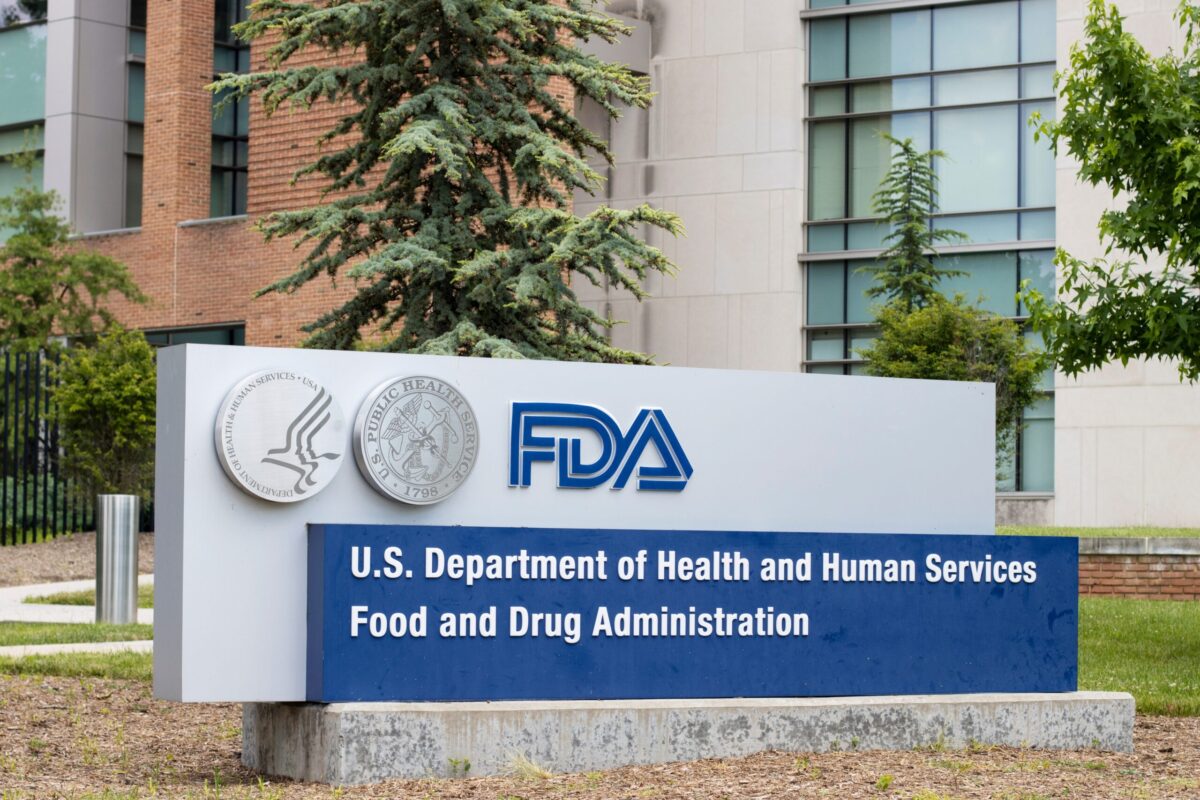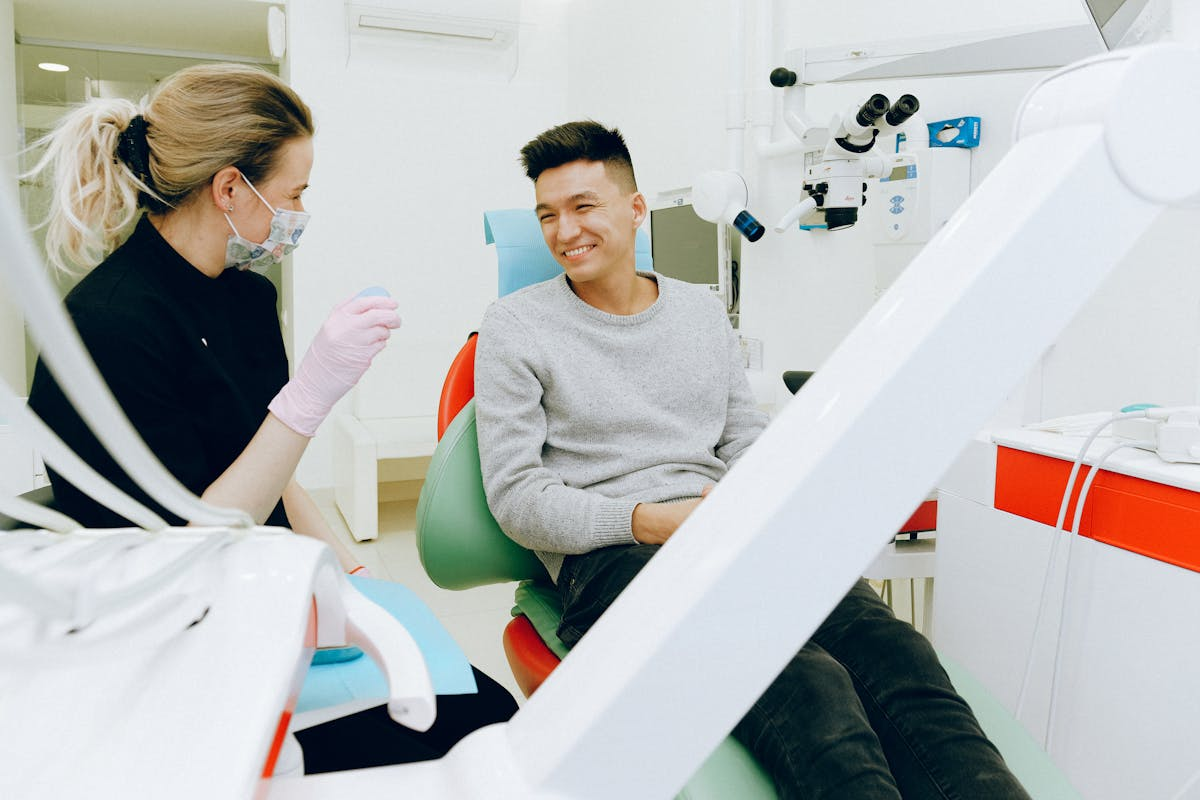New and existing investors into 23andMe, have provided the personal genetics company with $115 in Series E financing. The company plans to use the funds to expand its business initiatives and support R&D, in an effort to stimulate growth.
New investors including WuXi Healthcare Ventures, Casdin Capital and Fidelity Management and Research Company joined seasoned contributers such as Google Ventures, New Enterprise Associates and Illumina. To date, 23andMe has raised $241 million in total investor funding.
According to a statement released by the company, 23andMe plans to invest the funds in long-term growth of the company, including development of a new user experience for the consumer-available testing kit, which is set to be released by the end of this year. Among other tools, the company plans to provide carrier reports to its US-based customers, and build a new lab to accommodate next-generation sequencing and therapeutic research.
“23andMe pioneered the personal genetics industry,” Andy Page, President of 23andMe, said in a statement. “Our efforts to enable individuals to access, understand and benefit from the human genome have achieved a level of scale that will enable us to further advance genetic research and drug discovery around the world. This round of funding will enable us to further our vision for long term growth in our consumer and therapeutic businesses.”
But it hasn’t always been easy for 23andMe: in 2013, the company received a warning letter from the US Food and Drug Administration (FDA) regarding its $99 direct-to-consumer (DTC) genetic tests, which the agency believed they were selling without the required approval or data to back up the diagnostic. Shortly following the infraction, 23andMe stopped advertising the product on the web, TV and radio.
Despite the rocky times, 23andMe was able to secure additional funding in an effort to diversify while they were fixing compliance issues with the test. The company’s perseverance paid off: in February of this year, they became the first company to receive FDA approval for a DTC carrier testing kit for Bloom syndrome – a rare genetic disorder that primarily occurs in people of Ashkenazi Jewish descent.
Continuing their growth streak, in March of this year the company announced the launch of a therapeutics group led by Genentech veteran, Richard Scheller. According to Page, the focus of the group will be to use genetic data to accelerate the drug development process for treatments for common and rare diseases.
23andMe also has a partnership with Pfizer to study the underlying genetics of lupus. The company has come a long way since its FDA troubles two years ago, and the newly-acquired funding hold the promise of many more collaborations to come.
Sources:
- 23andMe adds chapter to comeback story with $115M in funding – http://www.fiercemedicaldevices.com/story/23andme-adds-chapter-comeback-story-115m-funding/2015-10-15
- 23andMe Raises $115 Million in Series E Financing Led by Fidelity Management & Research Company – http://www.fiercemedicaldevices.com/press-releases/23andme-raises-115-million-series-e-financing-led-fidelity-management-resea












Join or login to leave a comment
JOIN LOGIN